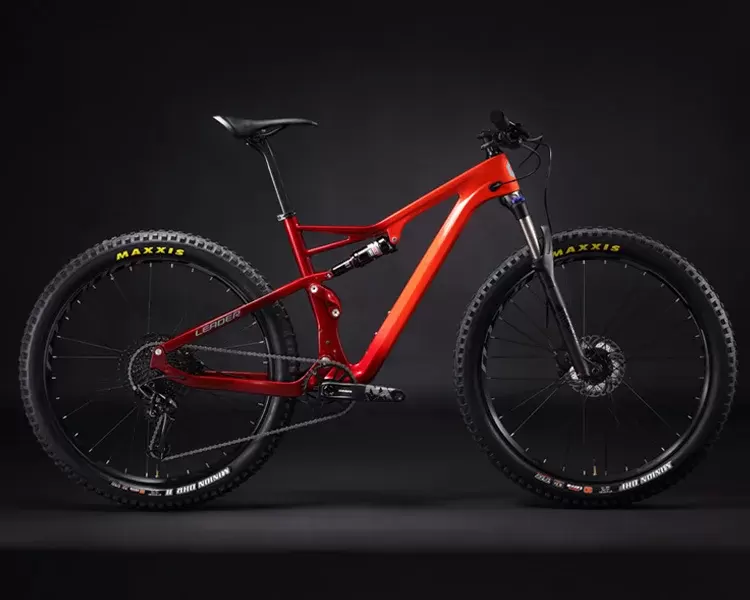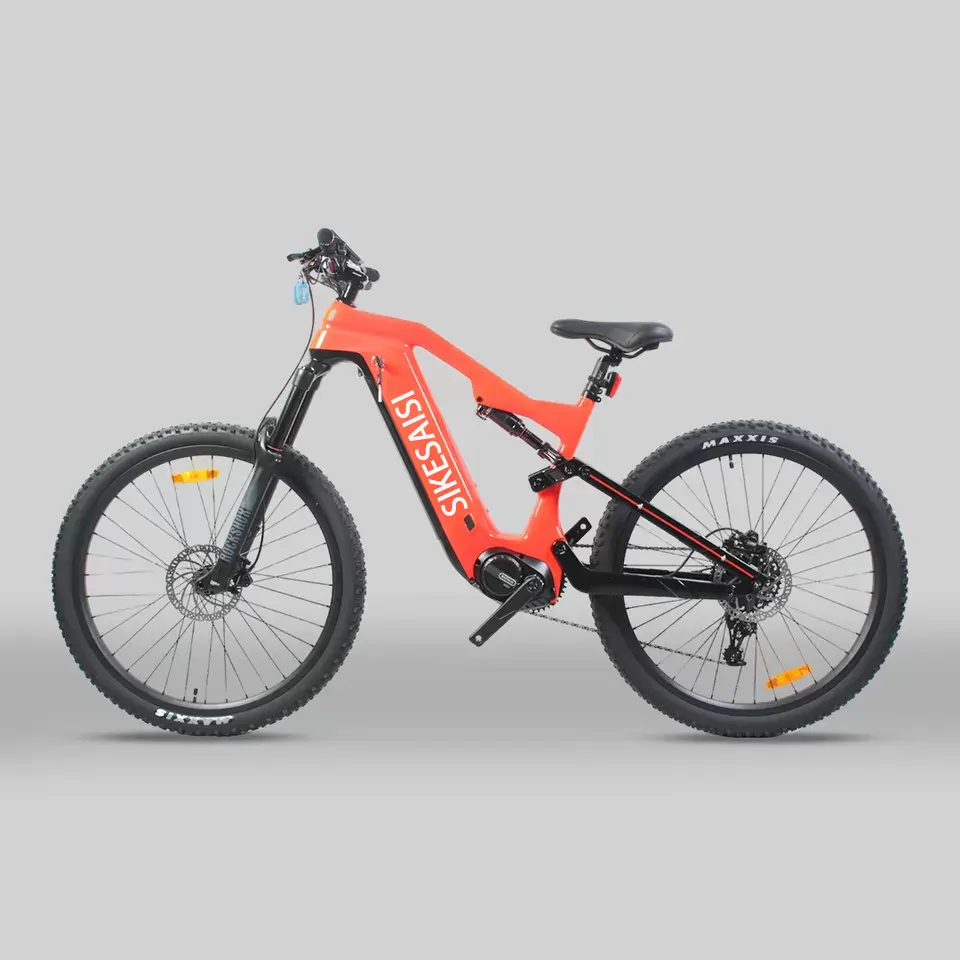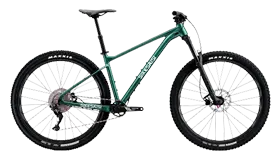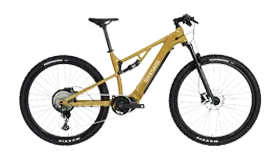What is the difference between a hybrid bike and an electric bike?
When it comes to choosing the right bike for your needs, it's essential to understand the differences between hybrid bikes and electric bikes. Both options offer unique benefits and features, catering to various preferences and requirements. In this article, we will explore the distinctions between hybrid bikes and electric bikes to help you make an informed decision.

Hybrid Bikes: Versatility and Performance
Hybrid bikes are designed to offer a versatile riding experience, blending the features of road bikes and mountain bikes. These bikes typically feature a flat handlebar and a comfortable, upright riding position, making them suitable for commuting, leisure rides, and light off-road trails. The tires of hybrid bikes are wider than those of road bikes, providing stability and traction on different surfaces. Additionally, hybrid bikes often come with mounting points for racks and fenders, enhancing their practicality for daily use.
Electric Bikes: Power and Efficiency
On the other hand, electric bikes, also known as e-bikes, are equipped with an electric motor that provides assistance while pedaling. This feature sets them apart from traditional bikes, offering riders the ability to cover longer distances with less effort. Electric bikes come in various configurations, including pedal-assist models that amplify the rider's pedaling power and throttle-controlled models that can propel the bike without pedaling. The integration of a rechargeable battery and motor distinguishes electric bikes as a compelling option for individuals seeking an efficient and eco-friendly mode of transportation.

Distinguishing Factors
The primary distinction between hybrid bikes and electric bikes lies in the propulsion system. While hybrid bikes rely solely on human power for propulsion, electric bikes incorporate an electric motor to assist the rider. This fundamental difference significantly impacts the riding experience, especially in terms of speed, effort exerted, and range. Hybrid bikes offer a traditional cycling experience, requiring riders to rely on their physical capabilities to propel the bike forward. In contrast, electric bikes provide varying levels of motorized assistance, allowing riders to regulate the amount of effort exerted while enjoying enhanced speed and distance coverage.
Furthermore, the intended usage scenarios differ between hybrid bikes and electric bikes. Hybrid bikes excel in urban environments, suburban trails, and light off-road conditions. Their versatility makes them suitable for commuting to work, running errands, or embarking on recreational rides through city streets or paved pathways. Electric bikes, with their motorized assistance, are well-suited for longer commutes, hilly terrains, and journeys that demand less physical strain. The electric assistance enables riders to conquer challenging routes with ease, making them an appealing choice for individuals seeking an alternative to traditional transportation methods.
In conclusion, the disparities between hybrid bikes and electric bikes are substantial, encompassing propulsion systems, intended usage scenarios, and overall riding experiences. While hybrid bikes prioritize versatility and performance through human-powered propulsion, electric bikes offer power and efficiency through integrated electric motors. Understanding these distinctions is crucial for selecting the most suitable option based on individual preferences, riding requirements, and environmental considerations. Whether you prioritize a traditional cycling experience with adaptable functionality or seek an innovative mode of transportation with added assistance, both hybrid bikes and electric bikes present compelling choices for modern riders.
By comprehensively evaluating the differences between hybrid bikes and electric bikes, individuals can make well-informed decisions that align with their specific needs and preferences. Ultimately, the choice between these two distinct bike types hinges on personal priorities regarding riding style, terrain preferences, and desired levels of physical exertion. As the cycling industry continues to evolve, both hybrid bikes and electric bikes contribute to a diverse landscape of options, catering to a wide spectrum of riders seeking reliable, efficient, and enjoyable means of travel.










